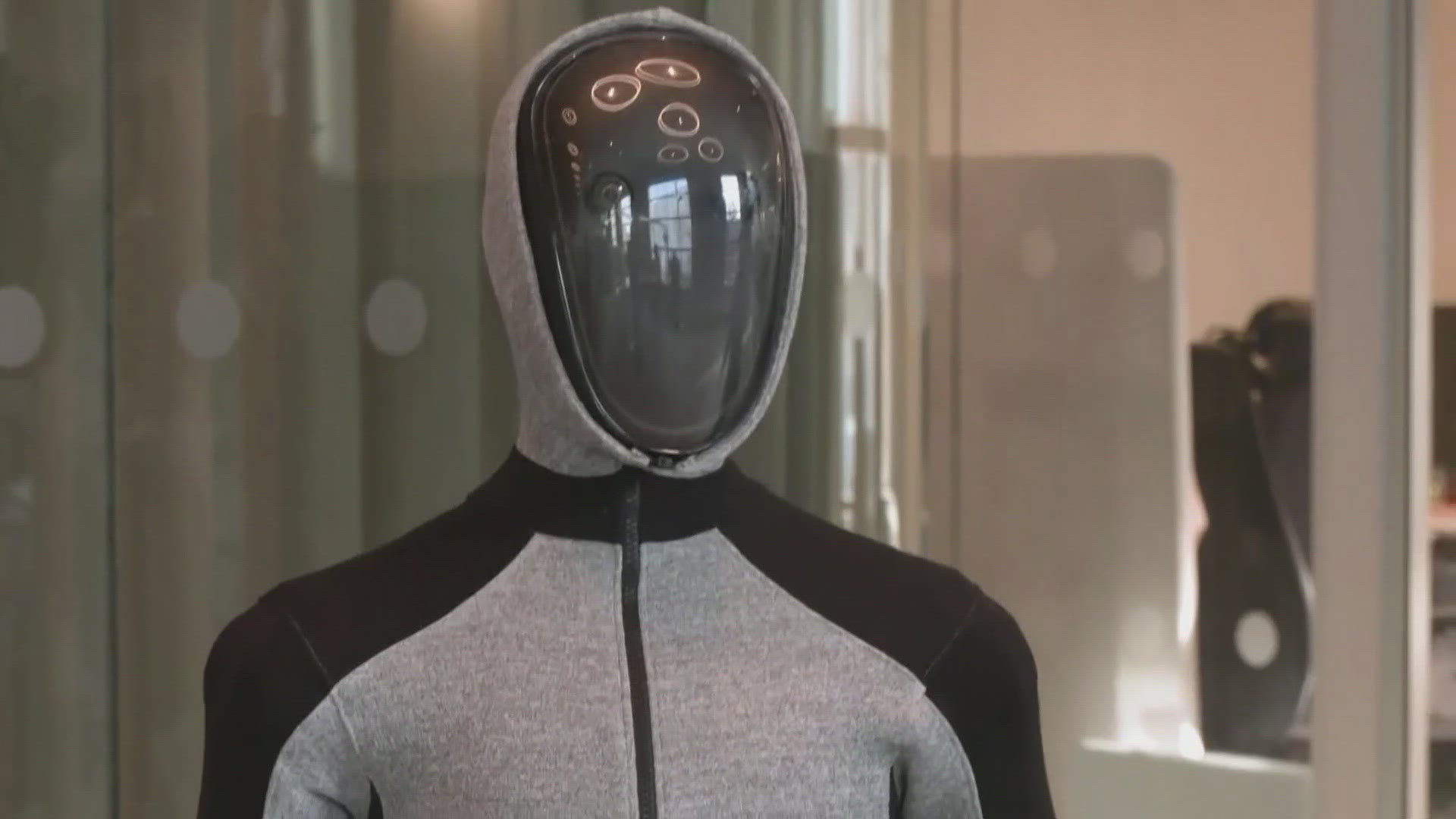Norwegian robotics startup 1X is set to launch early trials of its humanoid robot, Neo Gamma, in several hundred to a few thousand homes by the end of 2025, CEO Bernt Børnich confirmed.
“Neo Gamma is going into homes this year,” Børnich stated in an interview at Nvidia GTC 2025. “We want early adopters to help us refine this system, allowing it to live and learn among people.”
Interest in humanoid home robots has surged recently. In February, Bay Area-based Figure announced plans to test its own humanoid robots in 2025. The company is reportedly in talks for a $1.5 billion funding round at a $40 billion valuation. OpenAI, an investor in 1X, is also rumored to be developing its own humanoid robots.
Despite the excitement, introducing humanoid robots into homes presents significant challenges, comparable to the deployment of autonomous vehicles. Børnich acknowledges that Neo Gamma is far from achieving full autonomy. Currently, the robot relies on AI for basic movement but requires human teleoperators to control its limbs in real-time.
The in-home trials will generate data to improve Neo Gamma’s AI models. Although backed by OpenAI, 1X primarily develops its AI technology in-house. The company assures that users will have control over when employees can access Neo Gamma’s sensors and cameras, addressing privacy concerns.
Unveiled in February, Neo Gamma is 1X’s first bipedal robot prototype meant for real-world testing. It features an improved AI model and a nylon bodysuit for safety. A demonstration at GTC showcased its ability to vacuum and water plants, though technical issues caused it to collapse at one point.
Details about 1X’s early adopter program remain unclear, but the company has opened a waitlist for interested users. While limited trials are expected this year, mass adoption of autonomous humanoid robots is still years away.










